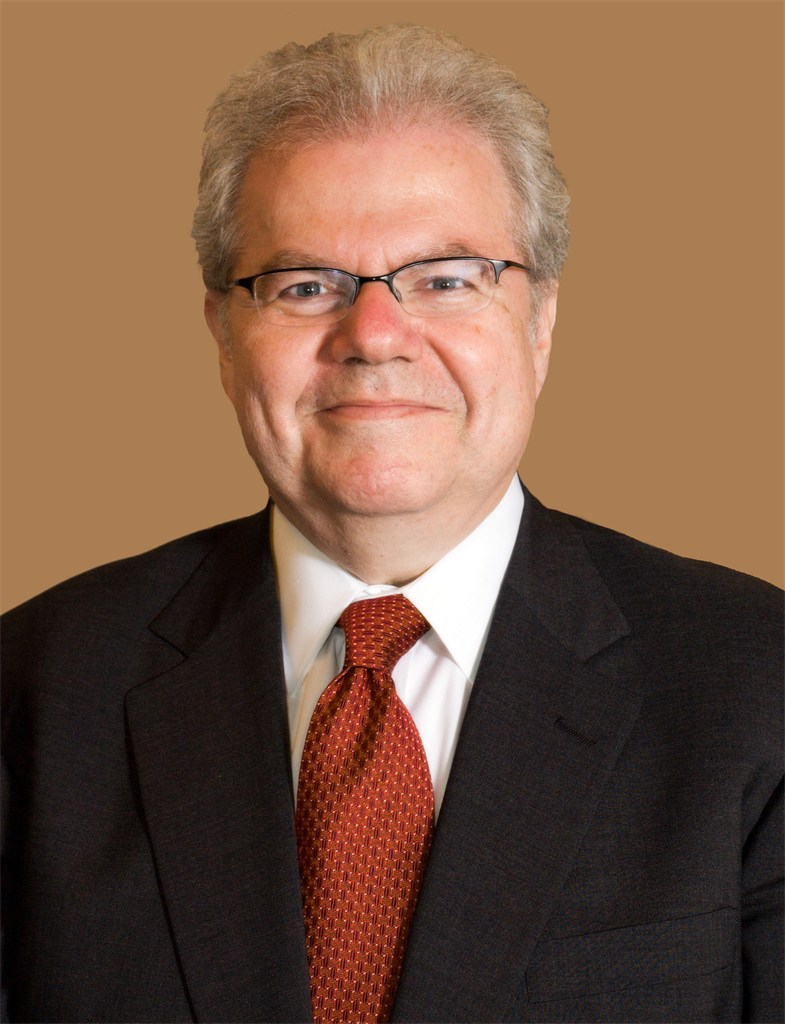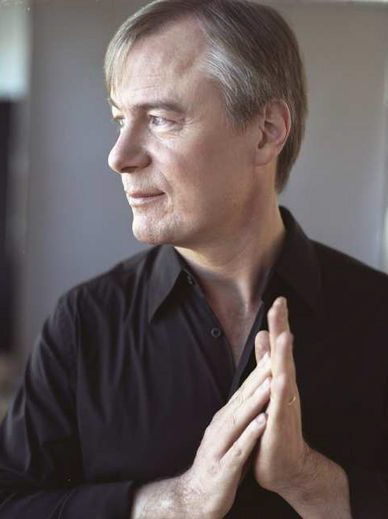Ax brings fresh Beethoven, Robertson, inspired Rachmaninoff with CSO

After Wednesday’s pianistic mashup with five soloists — four in the Mozart Double Piano Concerto alone — the Chicago Symphony Orchestra’s “Keys to the City” festival got down to business Thursday night with a more linear program spotlighting the festival’s major domo, Emanuel Ax.
One of Ax’s great gifts is the sense of fresh discovery he can bring to even the most familiar scores, and such was largely the case Thursday in Beethoven’s Emperor Concerto. After a grand opening flourish in the opening bars, the heroic thrust was there, if rather intermittent in the first movement. Some of Ax’s passagework sounded cautious and, at times, a bit stiff-fingered, though the latter section and coda went with more polish and élan.
In the hymn-like Andante, Ax’s playing was not raptly inward so much as rendered with a kind of elegant simplicity, closer to Chopin but no less effective for that. The soloist was at his finest in the Rondo finale, throwing off each varied iteration with a playful, relaxed swing that proved just as engaging as a more overtly virtuosic approach. Conductor David Robertson and the CSO provided vital and attentive support throughout.

Written in 1940, Rachmaninoff’s Symphonic Dances took decades to gain even grudging acceptance in the concert hall. The Russian composer’s final opus was long regarded as evidence of his fading creative powers, a diluted remnant of the ripe Romanticism of his earlier, more celebrated works.
Rather, as Thursday’s taut and supremely idiomatic performance showed, in this last musical work Rachmaninoff was tightening his style, and exploring new colors and timbres, even adding a piano and saxophone to the orchestra for the first time.
Robertson, music director of the St. Louis Symphony, is clearly a Rachmaninoffian to be reckoned with, as shown by the skill and complete sympathy he displayed in this somewhat intractable work. The conductor brought a restless drive to the opening movement and lean refinement to the second subject’s lyric outpouring. Robertson consistently brought out the strange effects and hues—the mordant winds and ominous bass clarinet—to striking effect. When the composer quotes the malign theme from his (at the time completely forgotten) First Symphony it was rendered here with a touching valedictory serenity, and the sense of Rachmaninoff coming full circle with his past at the end of his life was unmistakeable.
Indeed, Robertson’s underlining of the elegiac elements throughout made the Symphonic Dances resonate as a stronger, deeper work. The spectral waltz of the middle movement felt even more like an elegant, seductive dance of death than usual, as beguiling as the phantom in Schubert’s Death and the Maiden.
The conductor was at his finest in the problematic finale, investing it with a firm momentum that made the movement seem less episodic and that allowed the whimsy, wistful nostalgia and bristling energy to register with full impact. The CSO gave Robertson their considerable all in this performance with especially inspired contributions from the winds and percussion and a fine rhapsodic saxophone solo from Joseph Lulloff.
The evening began with Hindemith’s Symphonic Metamorphosis on Themes of Carl Maria von Weber. Despite the forbidding title, the compact four-movement quasi-symphony is charming — by Hindemith standards — with the German composer mining surprising riches from little-known Weber pieces.
Robertson led a solid if rather garrulous performance that sounded more like a promising run-through. With two programs to prepare in one week, something was bound to suffer and the Hindemith sounded like it got the short end of rehearsals. The ersatz Chinese scoring of the “Turandot” scherzo in particular needed sharper detail and balancing.
The program will be repeated 1:30 p.m. Friday and 8 p.m. Saturday. cso.org; 312-294-3000.
Posted in Performances




